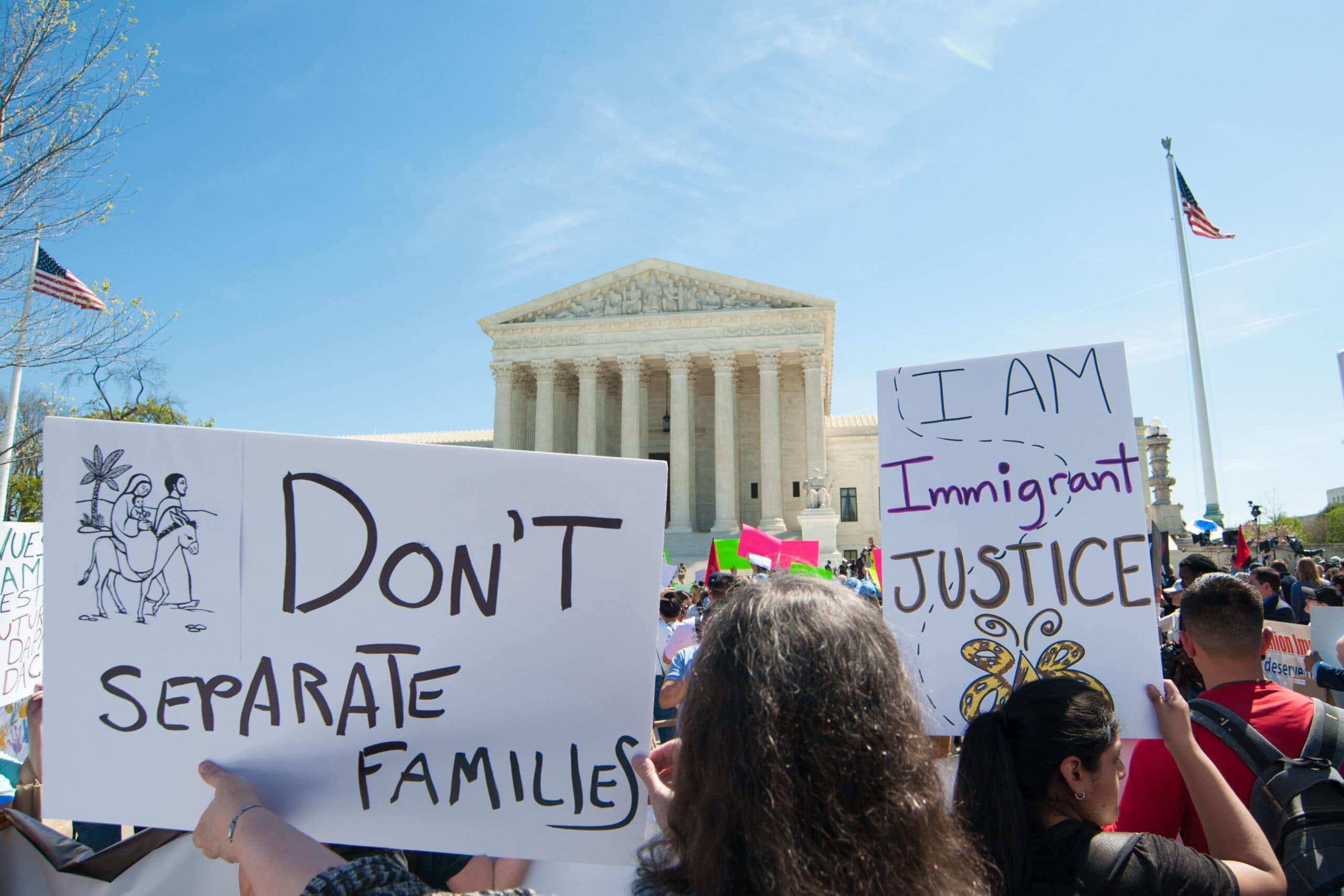By: Richard Hanus, Esq.
June 26, 2023
Our nation is home to more than 11 million undocumented foreign nationals, a reality that has taken hold over the course of several decades and a half dozen presidential administrations. Whether overstaying their visa or entering the U.S. without one, these immigrants, with some exceptions, work hard, pay taxes, and but for their immigration violations, are otherwise law abiding. Like most of his recent predecessors, President Biden has put in place immigration enforcement priorities, coming to terms with the fact that budgetary constraints and other practicalities, prevent the initiation of deportation proceedings against a population totaling more than 11 million, or even half that amount.
The Republican heavy states of Louisiana and Texas do not look kindly on the Biden Administration’s approach and last year, brought a federal lawsuit to block what they saw as an overly liberal enforcement agenda and with outsized costs to their state budgets. In recent days though, the U.S. Supreme Court, in a near unanimous decision (8 -1) ruled in favor of the Biden administration, affirming the legal principle that it’s not a state’s place to seek federal court intervention to dictate how and when a federal agency decides to prosecute individuals who break federal immigration laws or any other federal statute.
The Biden administration’s stated enforcement agenda focuses on deporting foreign nationals considered a threat to border security, national security and public safety. Practically speaking, these priorities are not that much different from those of his recent predecessors, except for President Trump – who prevented immigration officials from weighing humanitarian factors in exercising prosecutorial discretion. However, in contrast to Trump’s big banner, loud “round up millions of illegals” announcements, the number of undocumented individuals residing in the U.S. during his time in office did not meaningfully decrease, or even decrease at all, as compared to numbers under his recent predecessors.
A discussion of the Texas and Louisiana lawsuits would be incomplete without mention of the influx of asylum seekers from Central America, Russia and Ukraine at our southern border, and the costs southern states, like Texas, bear providing human services to the new arrivals. To be clear, these immigrants are not necessarily entering the U.S. illegally, but rather by way of a legal process our nation’s laws afford them and due to their fear of being harmed or killed in their home countries and based on one of several legal grounds. However, with a mix of both legitimate economic arguments as well as fear based, politically hyped anti-immigrant messages, the Texas and Louisiana lawsuits go far in getting many a skilled politician the attention they want. To be sure, the Supreme Court’s decision here is unlikely to lead to any less political attention seeking or fan flaming.
When all is said and done, the politics of our nation are such that it’s unlikely much is going to change when it comes to how we deal with noncriminal, nonthreatening undocumented immigrants. No, for the past 35+ years we have continued to embrace a status quo where our nation has a de facto amnesty in place, where we cling to benefiting from the contributions of the millions of undocumented immigrants who fill crucial skilled and unskilled jobs, pay taxes, raise families and establish homes here.
The “11 (or 12 or 13….) million undocumented” political football will continue to get kicked around, with sprinklings of fear based messages about open borders, invasions and replacement theory. And all the while, viable solutions toward comprehensive immigration reform to absorb and continue to benefit from this population and make our legal immigration system more accessible are right in front of our eyes.
PUBLISHED June 26, 2023 – “IMMIGRATION LAW FORUM” Copyright © 2023, By Law Offices of Richard Hanus, Chicago, Illinois

